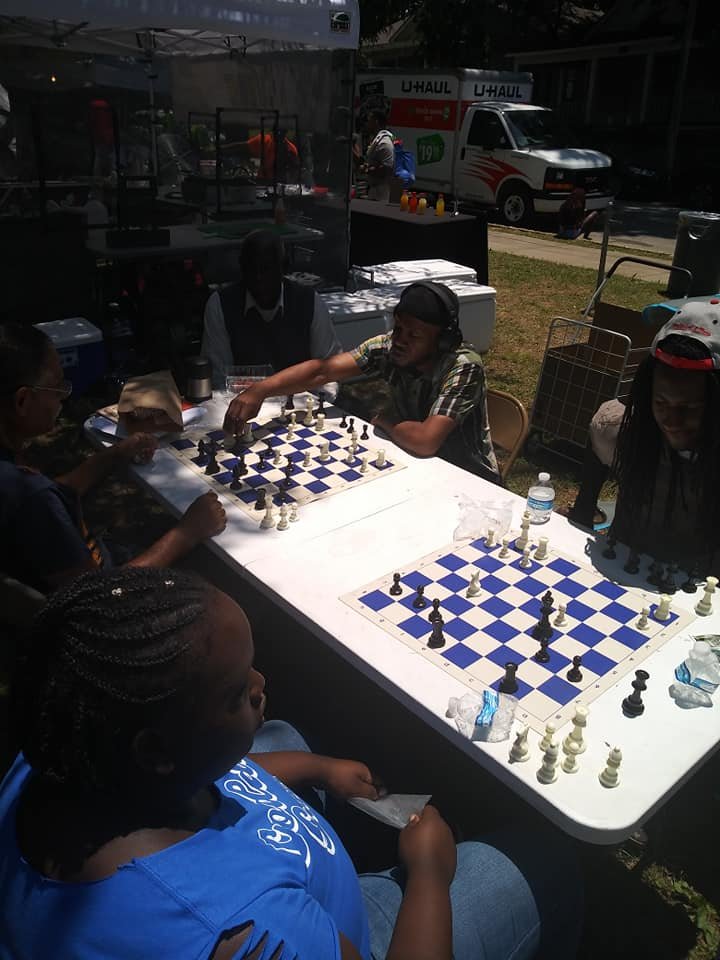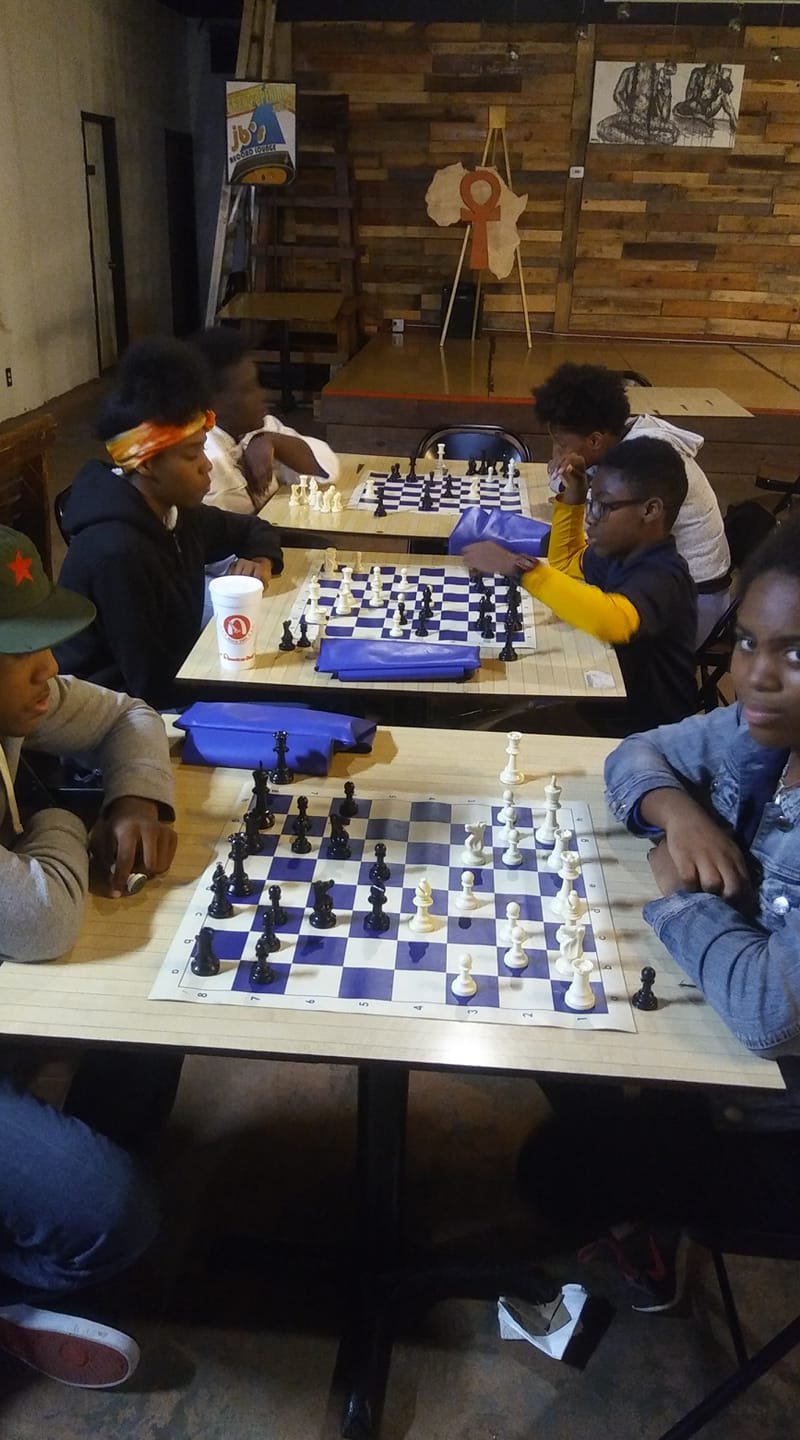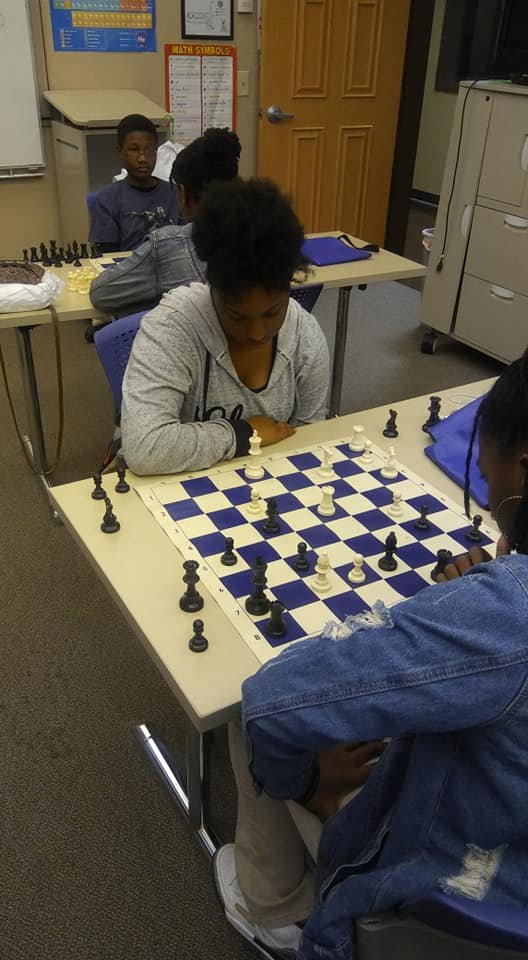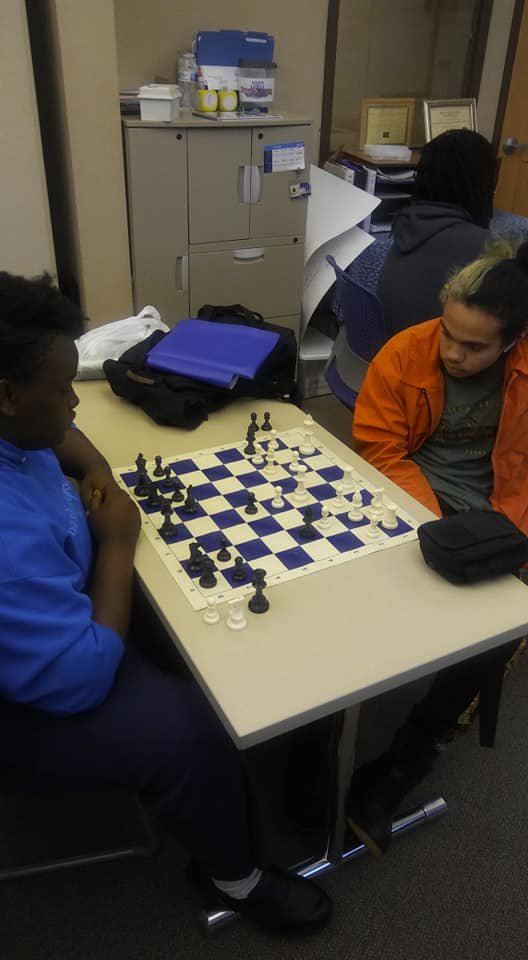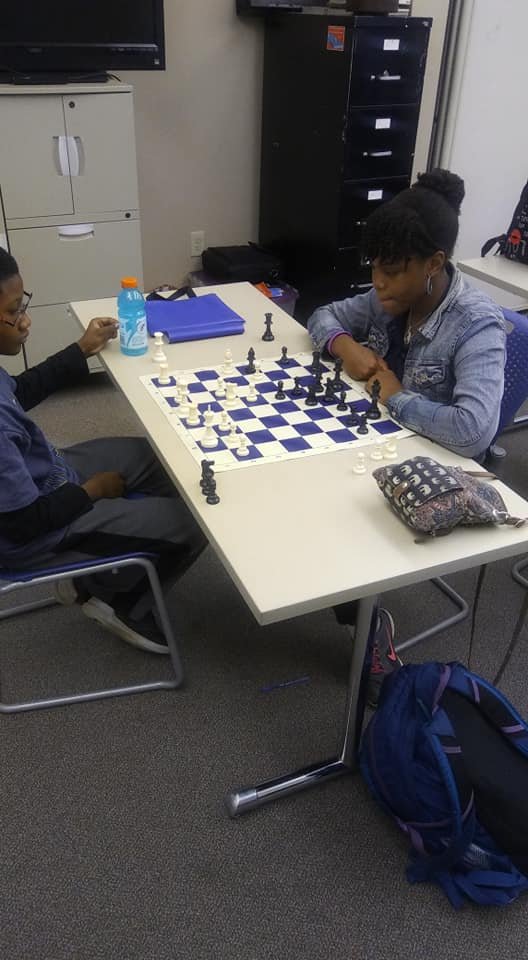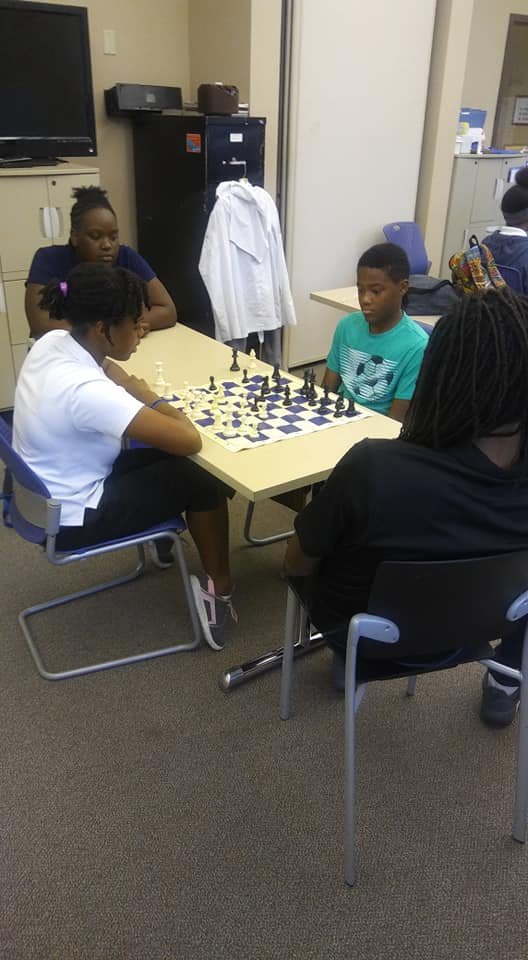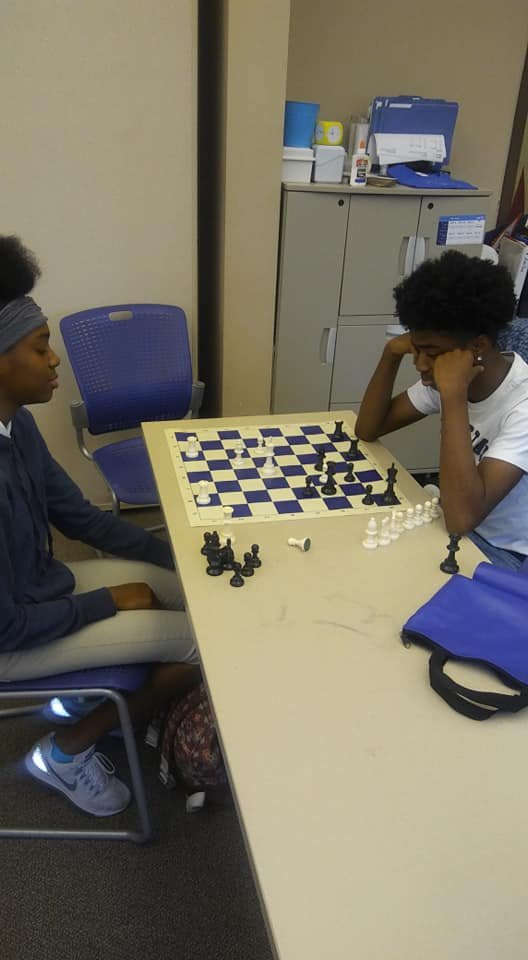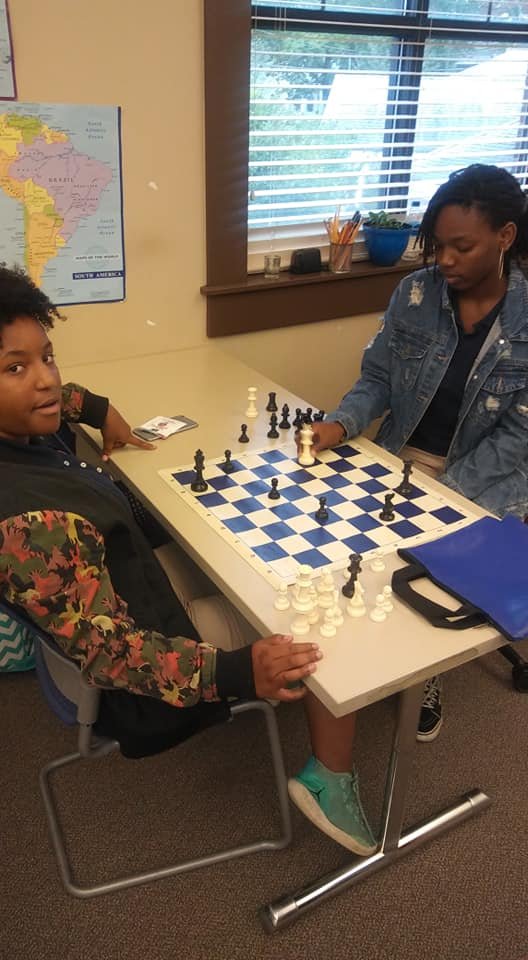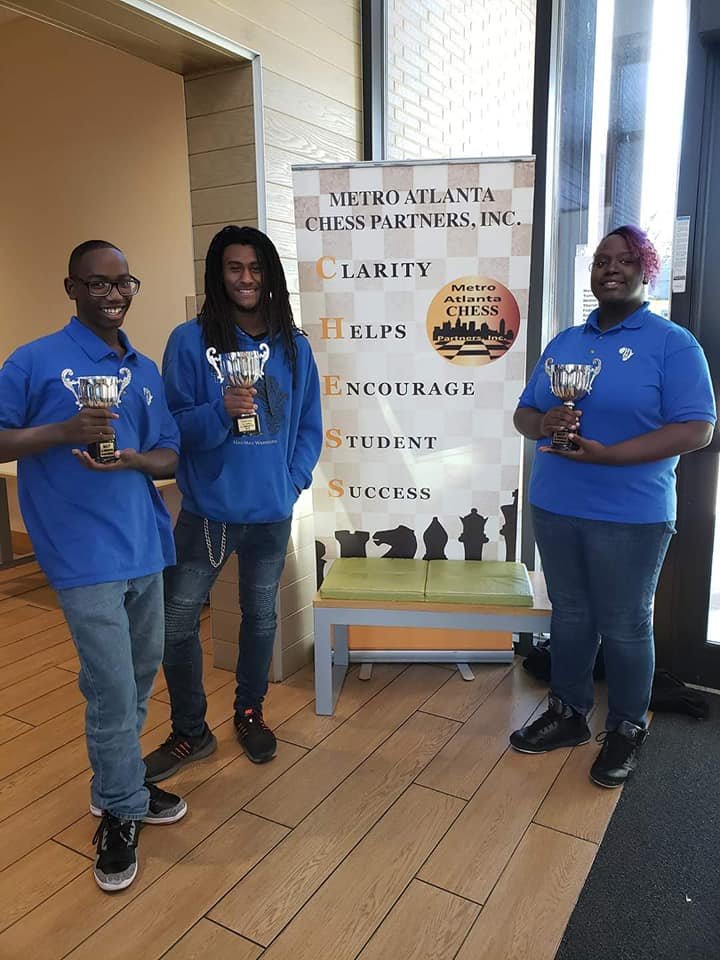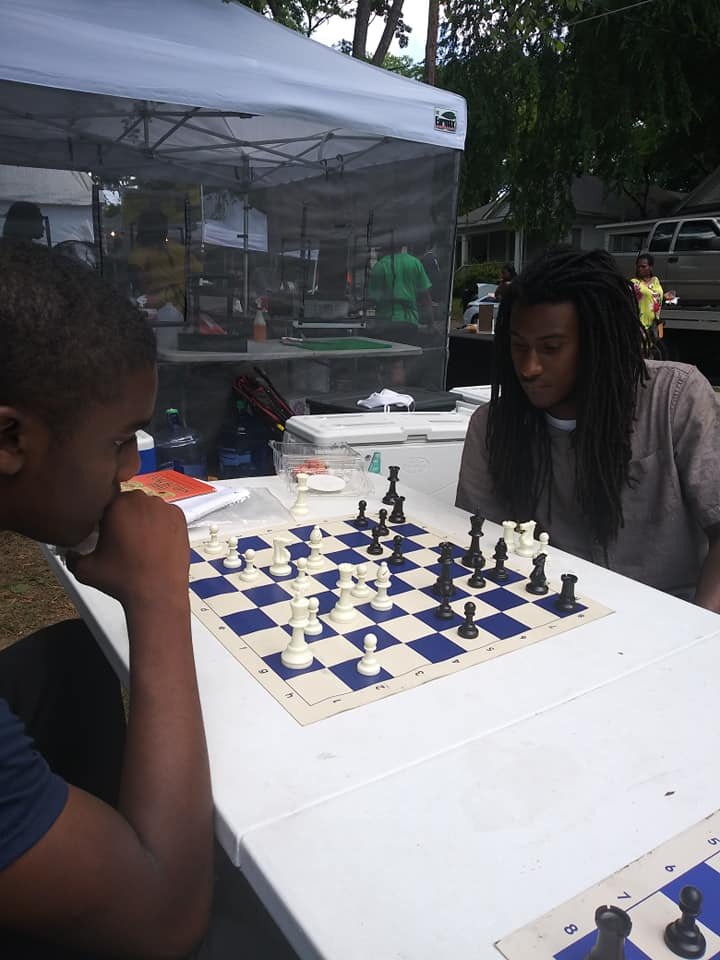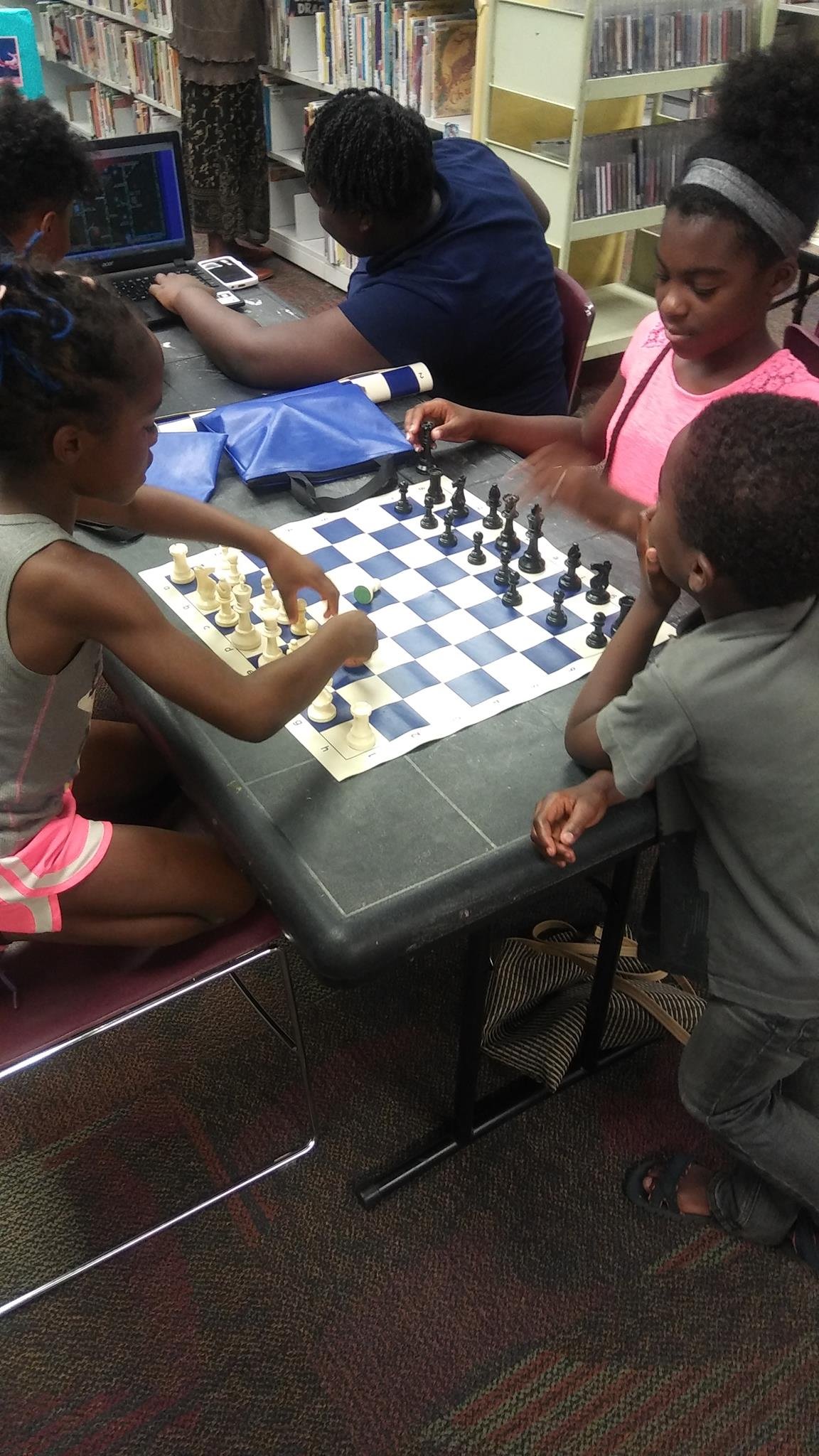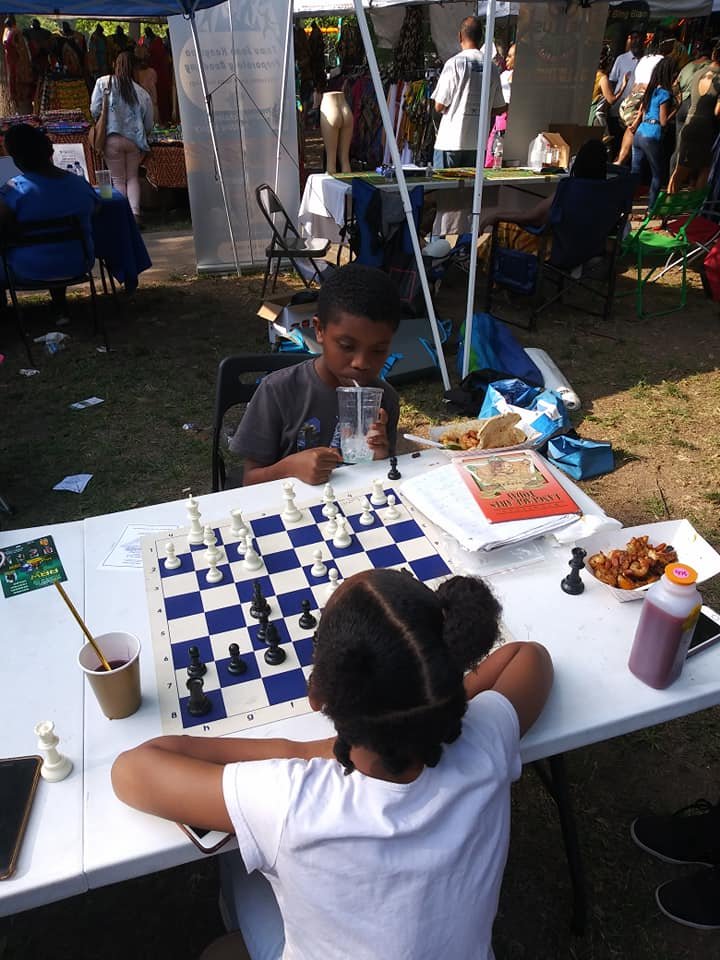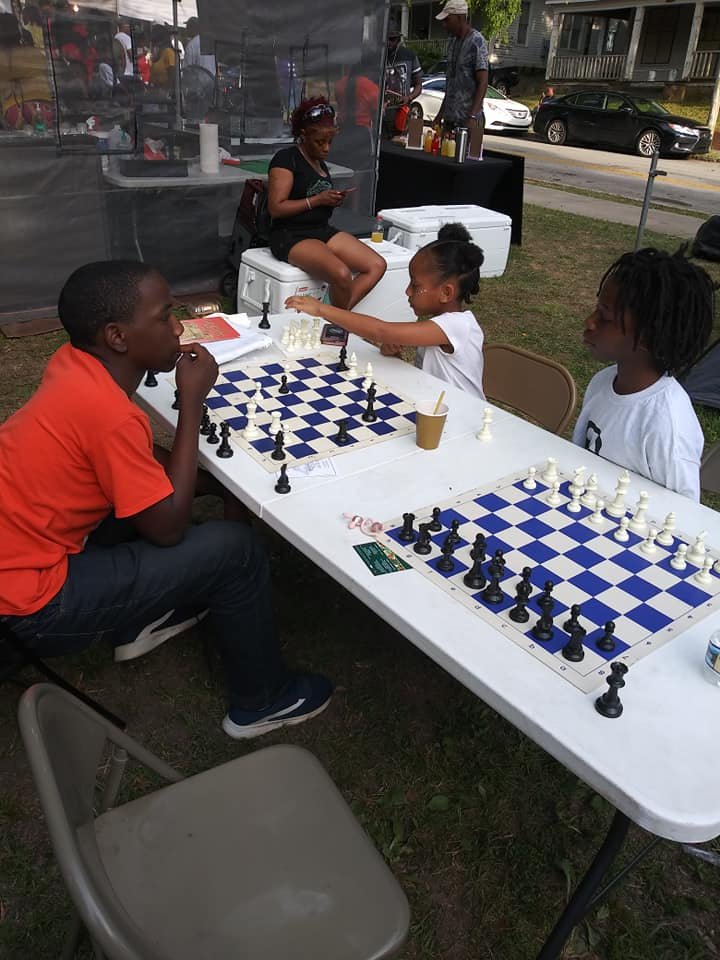
The Name of The Game Is...
Persistence
Dedication
Consistent Motivation
Resistance to Stagnation
Information
- Talib Kweli
Name of The Game (NOTG) is a chess movement, inspired in part by California IM (International Master) Adisa Banjoko, founder of the Hip Hop Chess Federation. He brought together a group of Hip Hop artists, DJs, and MMA fighters and began teaching chess and holding tournaments for youth in the Bay Area. In his spare time, he would go into the prisons and play chess with the incarcerated. He noted that on these trips, he was consistently bested on the chess board. That was when he began to understand the depths of what they were dealing with. These men were EXCELLENT chess players...on the board. The problem was, they were never able to take the rules of chess OFF the board and use them in their everyday lives, which is why they were locked up to this day.
After reading that article on Bro. Adisa, I had my own epiphany. If I could get youth to understand the principles of the game of chess in real life applications, to become “chess masters” of their lives instead of just on the board, then maybe I could help keep them out of the legal system altogether. At that moment, Name of the Game: Chess in Real Life was born.
As an avid Hip Hop fan, the title of this program originated from a song by Talib Qweli of the same name. The first five lines of the song became the pillars upon which the program is built and each of them represents a piece on the board. If players are able to walk away embodying these principles and using them to elevate their lives, then NOTG has accomplished what it was designed to do. Since its inception, NOTG has been taught to students, teachers, athletes, musicians, business and community leaders,elders and a host of others. Our desire is to assist as many as are willing in their mental, emotional, and spiritual growth through the ancient game of chess.
So remember, whatever your status in life, The Name of the Game is 1) Persistence 2) Dedication 3) Consistent Motivation 4) Resistance to Stagnation and 5) Information.



